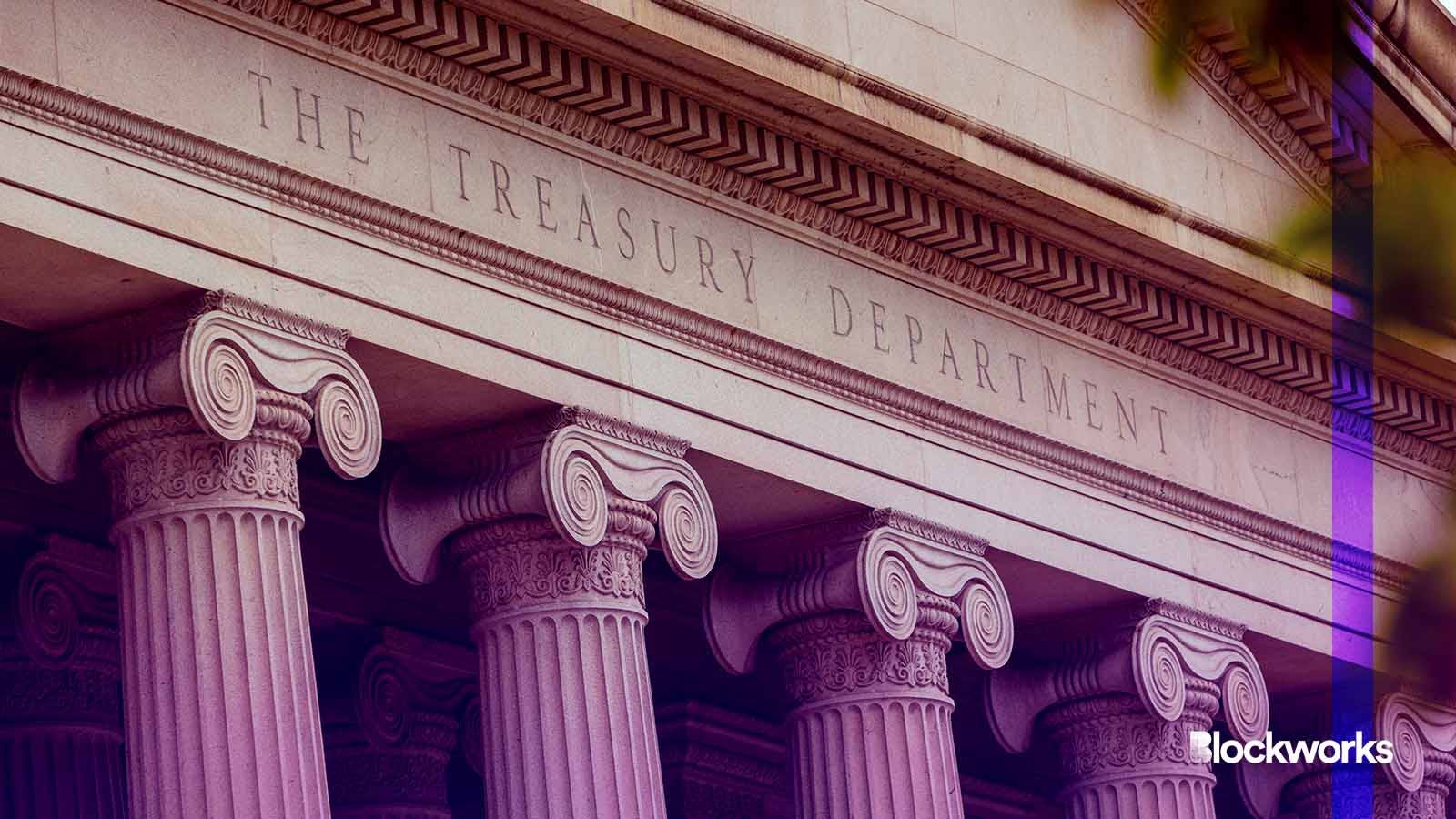Treasury sanctions crypto mixer Sinbad after money laundering accusations
As of Wednesday, the US government had seized Sinbad’s website

christianthiel.net/Shutterstock modified by Blockworks
The US Department of the Treasury has sanctioned a cryptocurrency mixing service the government claims is a key money-laundering tool for the Lazarus Group.
“Sinbad has processed millions of dollars’ worth of virtual currency from Lazarus Group heists, including the Horizon Bridge and Axie Infinity heists,” the Office of Foreign Asset Control (OFAC), the Treasury’s department that oversees sanctions, said in a statement Wednesday.
Sinbad.io, a cryptocurrency mixing service created by an anonymous founder, became a favorite for North Korean-state sponsored hacking organization Lazarus in 2022, researchers from analytics firm Chainalysis said in its last annual report. Researchers from Elliptic agreed, saying in February they believed Sinbad is simply a relaunched version of Blender, the mixer OFAC blacklisted in 2022.
As of Wednesday, the US government had seized Sinbad’s website.
“Mixing services that enable criminal actors, such as the Lazarus Group, to launder stolen assets will face serious consequences,” Deputy Secretary of the Treasury Wally Adeyemo said in a statement Wednesday. “The Treasury Department and its US government partners stand ready to deploy all tools at their disposal to prevent virtual currency mixers, like Sinbad, from facilitating illicit activities.
Read more: FBI blames North Korea’s Lazarus Group for $40M Stake hack
Lazarus Group was added to OFAC’s sanction list in September 2019.
Sinbad was used to launder a significant portion of the $100 million worth of crypto Lazarus stole in June 2023 from customers of Atomic Wallet, OFAC said. Lazarus also used the mixer “to launder a significant portion” of crypto stolen in the $620 million Axie Infinity heist, the office alleges.
“Sinbad is also used by cybercriminals to obfuscate transactions linked to malign activities such as sanctions evasion, drug trafficking, the purchase of child sexual abuse materials, and additional illicit sales on darknet marketplaces,” OFAC added.
The announcement comes as cryptocurrency advocacy groups continue to fight OFAC in the courts over the agency’s sanctions against Tornado Cash — a mixing service sanctioned in August 2022 for its alleged role in helping Lazarus launder more than $455 million in stolen funds.
Plaintiffs in two cases are bringing their battle against the Treasury to federal appellate courts. Joseph Van Loon, along with five other self-identified “Ethereum blockchain users” sued the US Treasury Department, Secretary Janet Yellen, the Office of Foreign Asset Control (OFAC) and OFAC Director Andrea Gacki in September 2022. A federal judge in Texas sided with the federal government in August, rejecting the argument that OFAC was acting outside its jurisdiction.
Coin Center, Bankless co-founder David Hoffman and others filed a lawsuit against the same federal parties in October 2022. Like in Loon’s case, a federal judge in Florida sided with the US government last month, prompting Coin Center and its co-plaintiffs to file an appeal in the Eleventh Circuit earlier this month.
Updated Nov. 29, 2023 at 11:06 am ET: Modified headline.
Start your day with top crypto insights from David Canellis and Katherine Ross. Subscribe to the Empire newsletter.





